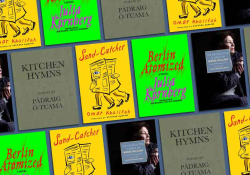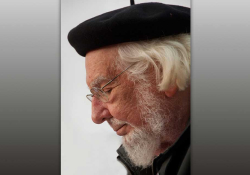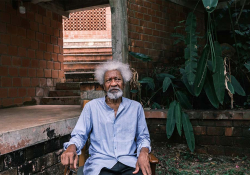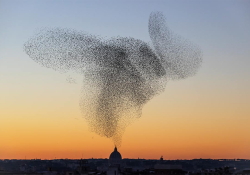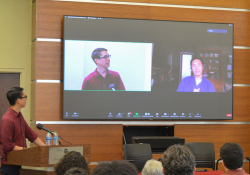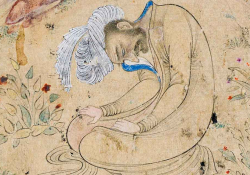25 Years Ago in These Pages

“Much of the most interesting postrevolutionary fiction being written in Persian is by women, and Shahrnush Parsipur is one of the bright lights among them. First issued in Persian in 1989, Women Without Men [translated by Kamran Talattof and Jocelyn Sharlet] is a subtle and sophisticated work in the postmodern manner. It is the story of five women from different walks of life who end up, for various reasons, in a walled garden by a river in a town near Tehran. They are all seeking escape from life in Tehran at a time of civil unrest in 1953. They live and work more or less harmoniously in the garden for some months and then again go their own ways.
Such a bare plot description gives no idea of the richness of the book [and] it would be a mistake to read Women Without Men simply as a feminist tract. The action is set in the patriarchal society of Persia, and there is much violence against the women; but this is not just another ‘oppositional narrative,’ where all the men are bad and all the women are good. Parsipur navigates skillfully between the extremes of mainstream discourse and overt opposition and ranges about in the no-man’s-land between the two. The lines between fantasy and reality are blurred by the use of magical realism, but a certain unobtrusive formality of structure reminds us that this is art as well as ideology. The irony that pervades the text prevents stereotyping of the characters and subverts its ideological thrust, again keeping it in the disputed territory between tract and trance.
The author makes her point but also makes something else, and in so doing she has created a small masterpiece.”
—William L. Hanaway, World Literature Today 73, no. 3 (Summer 1999): 587–88
Editorial note: Parsipur was a finalist for the 2024 Neustadt International Prize for Literature.
